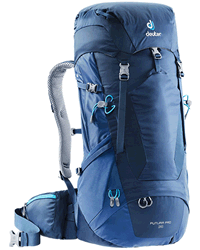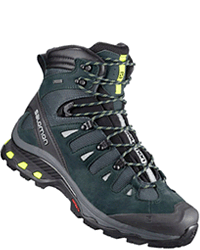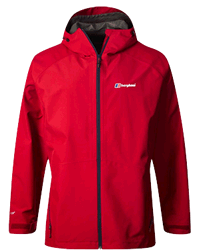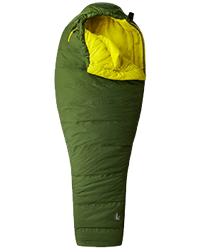Hiking best-practice
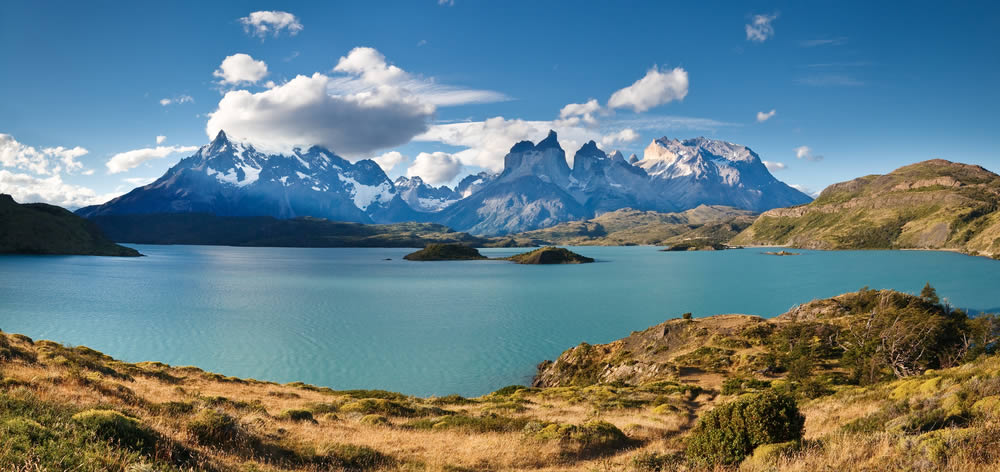
As hiking is becoming more popular and there is an increasing toll placed on established hiking routes, it is becoming more important to following hiking best-practice. This guide hopes to give an insight into some basic unwritten rules to ensure hiking remains safe and enjoyable for everyone.
Safety First - Plan Ahead!
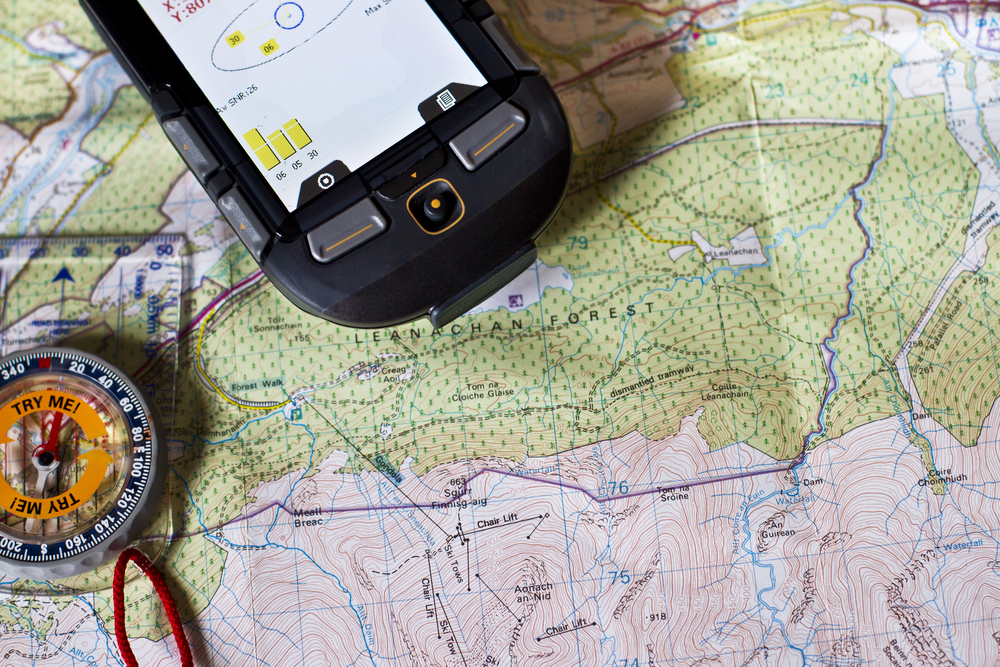 The safety of your group and yourself is priority number one, and when you're poorly prepared you're far more likely to run into problems. Imperative steps to ensure your safety are to research the route, the weather you're likely to encounter and the clothing and equipment you're likely to need. Part of the appeal of hiking is being in remote areas away from busy towns and cities - but this limits the availability of rescue. This makes taking steps to ensure you have planned for the worst-case scenario critical - potentially being the difference between the story of a great trip and a life-threatening situation.
The safety of your group and yourself is priority number one, and when you're poorly prepared you're far more likely to run into problems. Imperative steps to ensure your safety are to research the route, the weather you're likely to encounter and the clothing and equipment you're likely to need. Part of the appeal of hiking is being in remote areas away from busy towns and cities - but this limits the availability of rescue. This makes taking steps to ensure you have planned for the worst-case scenario critical - potentially being the difference between the story of a great trip and a life-threatening situation.
Top tip: don't pack light on navigation, first aid, food, or water.
Leave only footprints, take only pictures
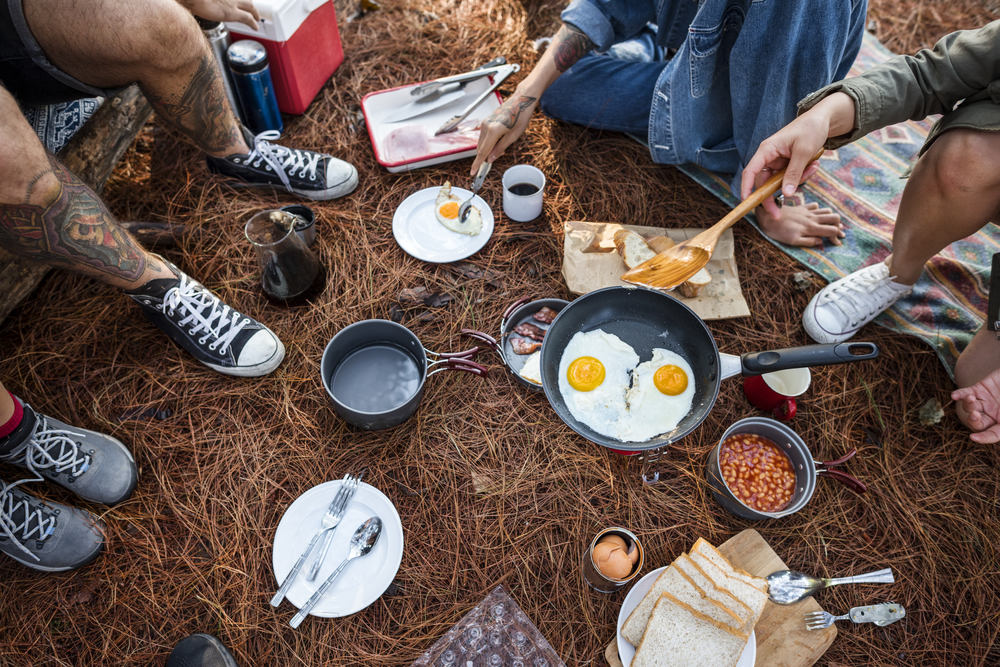 Two core principles of hiking are to dispose of waste properly and to leave undisturbed what you find. The opportunity to escape into raw nature is too often tarnished by the remnants of inconsiderate hikers. Try to reduce the amount of waste you bring on the hike through the use of reusable bottles and food with minimal packaging, and be sure to bring rubbish bags with you. It is also important to resist the urge to collect plants or rocks on the trail so that the next person can enjoy them - a photo in situ looks better anyway!
Two core principles of hiking are to dispose of waste properly and to leave undisturbed what you find. The opportunity to escape into raw nature is too often tarnished by the remnants of inconsiderate hikers. Try to reduce the amount of waste you bring on the hike through the use of reusable bottles and food with minimal packaging, and be sure to bring rubbish bags with you. It is also important to resist the urge to collect plants or rocks on the trail so that the next person can enjoy them - a photo in situ looks better anyway!
Top tip: it is worth investing in sealable rubbish bags for food and other waste which can smell.
Stick to the beaten track... if there is one
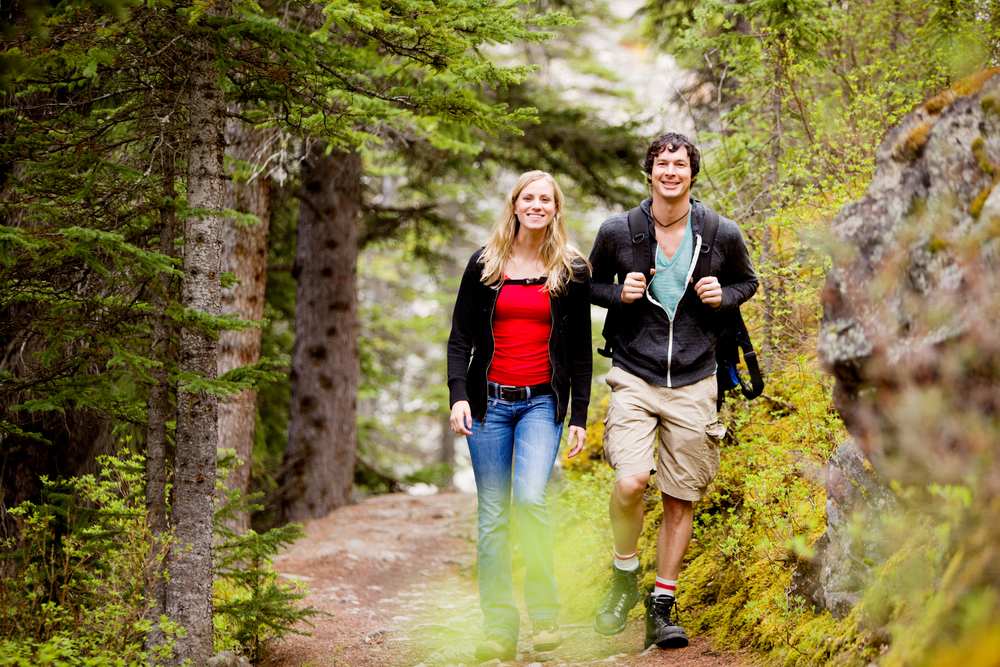 It can be very tempting to head off the beaten track on established routes and explore alternatives - but it's important not to do so for two reasons. First and foremost it dramatically increases the risk of getting lost or injured. Second, with the potential for thousands of walkers to follow on the same route, there exists a risk to local ecology as flora are damaged and habitats are disturbed.
It can be very tempting to head off the beaten track on established routes and explore alternatives - but it's important not to do so for two reasons. First and foremost it dramatically increases the risk of getting lost or injured. Second, with the potential for thousands of walkers to follow on the same route, there exists a risk to local ecology as flora are damaged and habitats are disturbed.
Be camp conscious
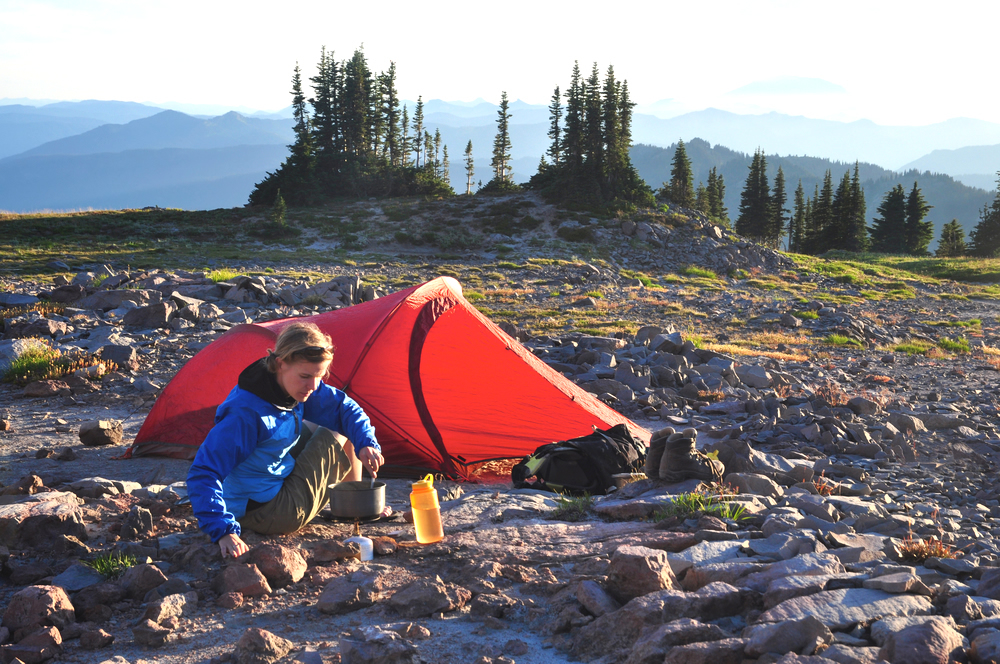 Camping is a core part of hiking - but you should be conscious that tents can damage vegetation and disrupt animal wildlife. Where possible, camp within designated areas, but when wild camping you should avoid areas that have signs of being camped on recently and move your own tent every few days to allow the vegetation underneath to recover. Less damage will be caused the more durable the terrain, so ideal surfaces are rock, gravel and dry grasses.
Camping is a core part of hiking - but you should be conscious that tents can damage vegetation and disrupt animal wildlife. Where possible, camp within designated areas, but when wild camping you should avoid areas that have signs of being camped on recently and move your own tent every few days to allow the vegetation underneath to recover. Less damage will be caused the more durable the terrain, so ideal surfaces are rock, gravel and dry grasses.
Campfires are a camping ritual - but they scar the ground beneath them. If creating a campfire to cook a lightweight stove is a far more efficient and easier. If you do make a fire, try to make it on gravel or rock, or in a place where a fire has been made recently.
Top tip: if you are camping on hard ground you can use dried grass or leaves under the groundsheet to make an extra comfortable mattress for the night.
Keep water clean
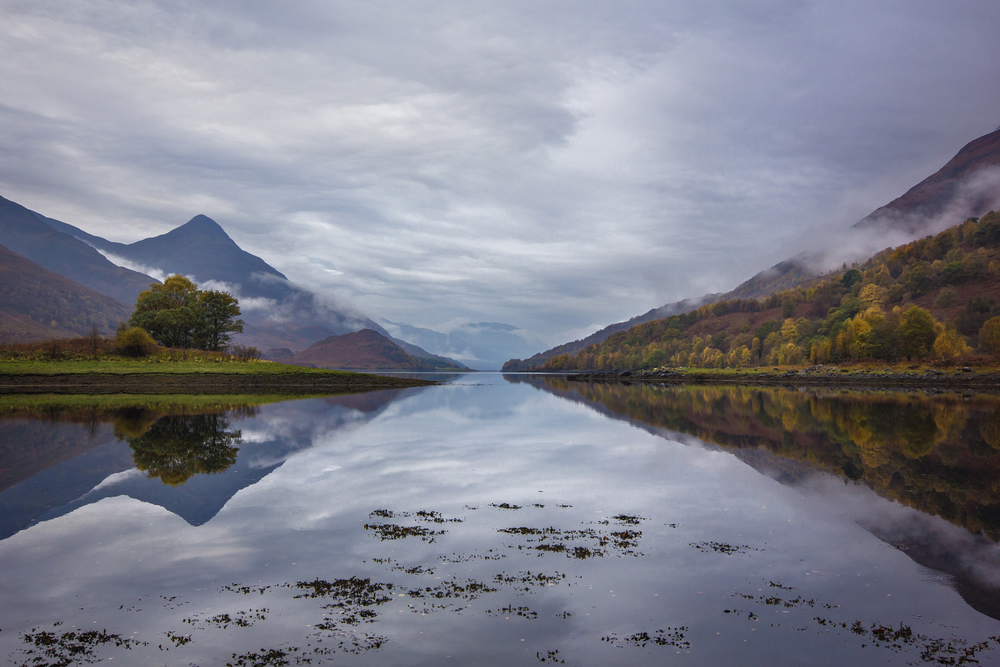 Washing yourself, your clothes or your dishes in or alongside lakes, rivers and streams can pollute water, damaging the local ecology as well as the ability of other hikers to use these water sources. Bring a water container to allow you to transport water away from the waterfront back to your camp for washing and cooking and try to avoid contaminating streams.
Washing yourself, your clothes or your dishes in or alongside lakes, rivers and streams can pollute water, damaging the local ecology as well as the ability of other hikers to use these water sources. Bring a water container to allow you to transport water away from the waterfront back to your camp for washing and cooking and try to avoid contaminating streams.
Top tip: research whether water sources are safe to drink before beginning your hike, but always bring water filters or purifying tablets with you just in case.
Hiker etiquette
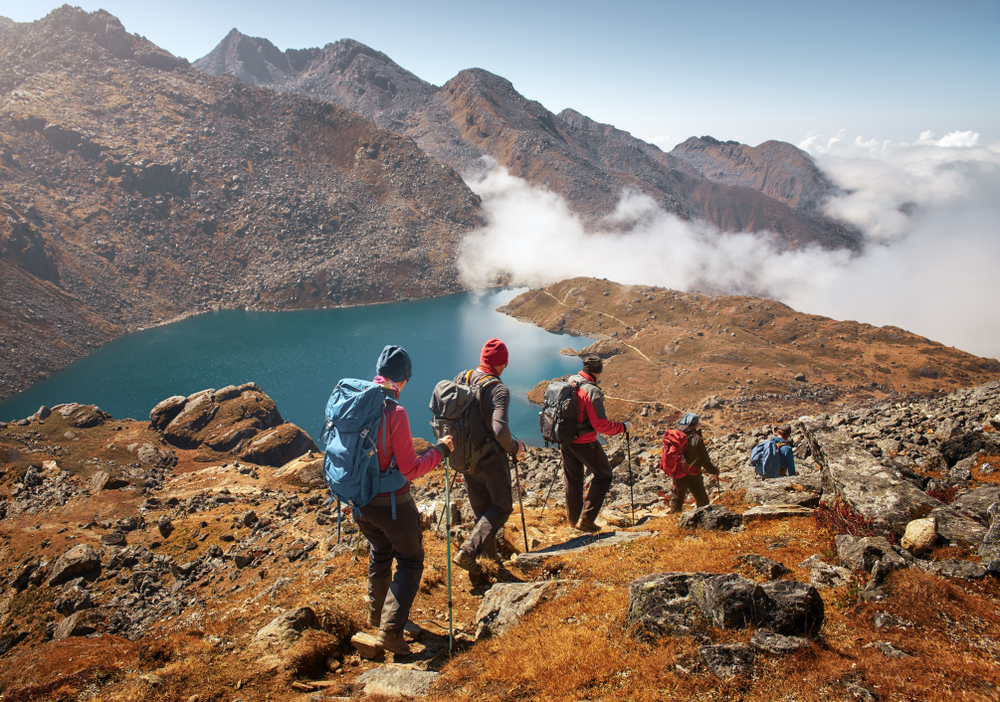 One of the great things about getting outdoors is getting away from it all, but popular areas can get busy during peak seasons. During these periods, allow for a gap to develop between you and the nearest group. Everyone's pace will be different, so be conscious of faster groups trying to pass, and be patient getting past slower groups.
One of the great things about getting outdoors is getting away from it all, but popular areas can get busy during peak seasons. During these periods, allow for a gap to develop between you and the nearest group. Everyone's pace will be different, so be conscious of faster groups trying to pass, and be patient getting past slower groups.
Keeping the noise levels down will be appreciated by those nearby and will increase your chances of seeing wildlife - so keep the blaring of your favourite tracks to a minimum, especially at night.
Of course this is not an exhaustive list, but just a few best-practices designed to ensure that everybody has fun on the trail. Just try to use your common sense and be thoughtful toward other hikers!

